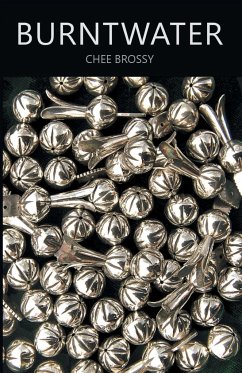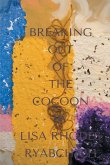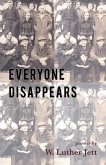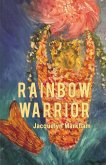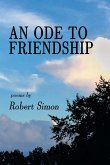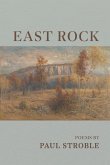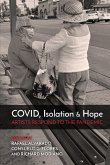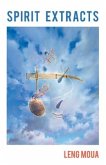Burntwater is a book with an emotional core, grounded in craft. It doesn't need pyrotechnics of circumstance or political provocation. The collection speaks directly from Diné experience, addressing, among other subjects, the legacies of Spanish colonialism-a complex topic often overlooked, as dominant culture tends to reduce all Others, including indigenous people, to "People of Color." Additionally, the collection speaks to issues of indigenous masculinity in a way that is more accessible, and more confessional, than we as readers tend to encounter. This is necessary, as so much of this perspective has been relegated to prose forms. In many ways, Brossy re-appropriates one of indigenous people's most long-lived means of communication (the song, the poem) in a way that is vital and compelling. This poet serves his poems, not the self, and not at the expense of the reader. "Every person's pain is their own," after all, and this collection moves pain into a legible register, without spectacle, and without a dependence on an imaginary, white readership. -Joan Naviyuk Kane, author of Milk Black Carbon Chee Brossy's Burntwater inhabits a present that is sometimes haunted, sometimes uplifted, and always informed by the past. In the title poem, Brossy presents an intensely personal account of the pain and uncertainty of the Navajo Long Walk, a history sounded here from deep inside the people and the language. And Burntwater is a book concerned with language: "Shilíí' hazlíí'-my horse has appeared, has come into being," he writes, trying to bring across the nuances of Diné Bizaad. Other times he challenges English to be more responsive to experience: "mountains bursting highway heaving up neighbors waving in the sun." Or in these beautiful lines in which tenses and seasons crack open to give us a glimpse of how time can surprise and change us: "but for us it was empty and January then, the last snowfall not yet melted when we drove through on our way, though we didn't know it yet, to the house at Long Cornfield." With Burntwater, Chee Brossy enters and enriches the great tradition of Diné poets. -Jon Davis, author of An Amiable Reception for the Acrobat
Hinweis: Dieser Artikel kann nur an eine deutsche Lieferadresse ausgeliefert werden.
Hinweis: Dieser Artikel kann nur an eine deutsche Lieferadresse ausgeliefert werden.

